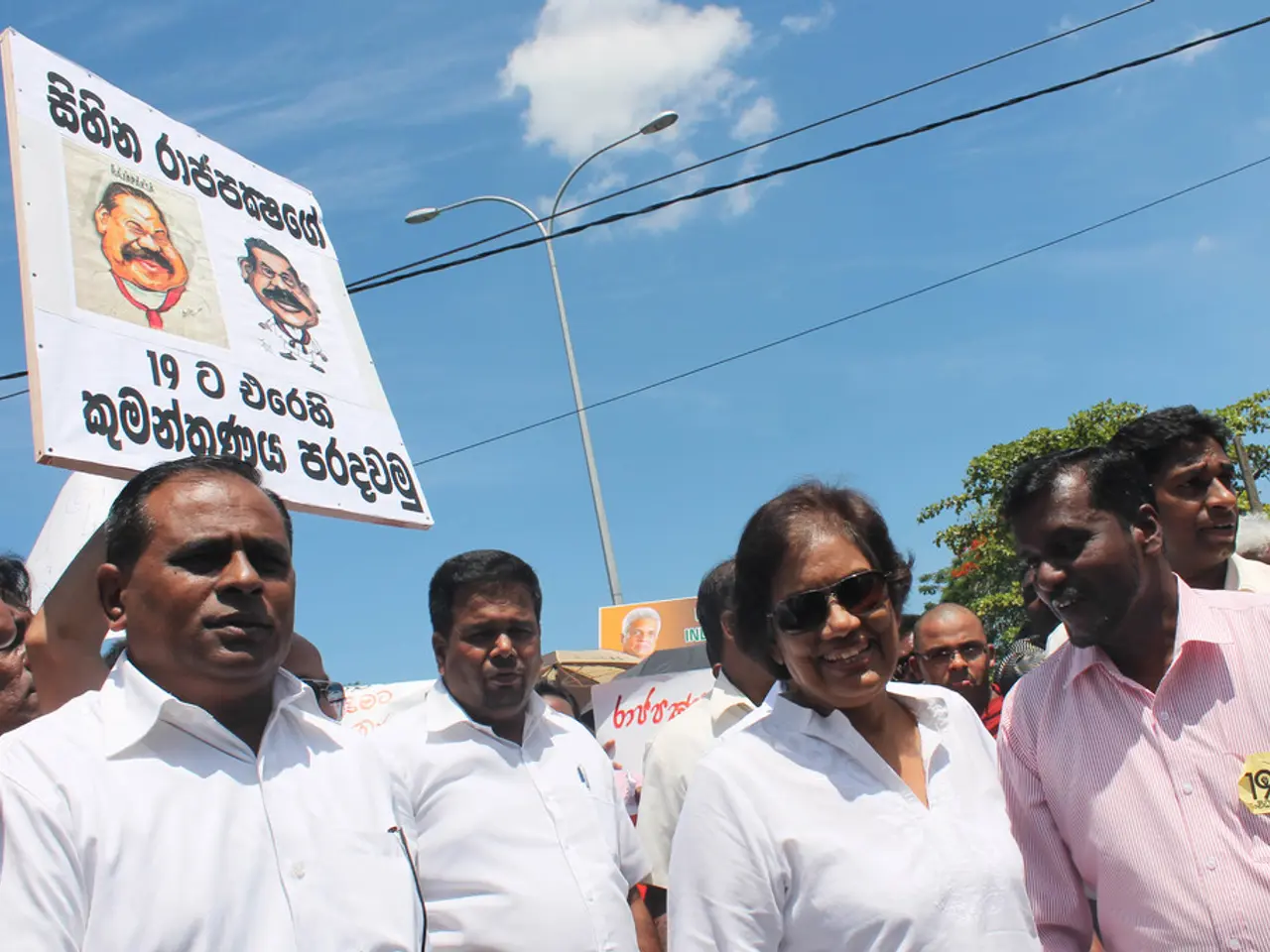Beneath the surface lies more: an indication of a larger issue
Thai MP Disqualified for Budget Misuse, Setting Precedent
In a landmark decision, the Constitutional Court has disqualified Pheu Thai MP Pichet Chuamuangphan for violating Section 144 of the Thai constitution, marking the first practical enforcement of this rule [1][3][4]. This ruling has significant implications for other lawmakers and cabinet ministers, as it sets a legal precedent that could deter unlawful budget manipulation.
Heightened Caution Among Lawmakers
Since Pichet was penalized for diverting state funds to benefit his own constituency, other MPs and cabinet ministers are now likely to be more careful about budget-related decisions to avoid similar disqualifications or bans [3]. The case serves as a warning, increasing scrutiny on lawmakers’ budgetary conduct and potentially triggering further investigations.
Potential Political Shake-up
The ruling has sparked political uncertainty, especially in coalition governments with fragile majorities. Experts warn that without structural reforms to reinforce party discipline and reduce incentives for defection, similar cases—known as "cobra incidents"—might occur repeatedly [1].
Application to Cabinet Ministers
The same constitutional rule could apply to cabinet members who supported or were involved in controversial budget reallocations, such as the 35 billion baht diverted from debt repayment to a government digital wallet scheme in 2025. This has already drawn petitions to the National Anti-Corruption Commission for investigation [1][3].
Legal Precedent and Deterrent Effect
As Pichet is the first politician punished under Section 144, the case sets a legal precedent that could be the basis for future enforcement actions against officials misusing budget powers [3]. This could potentially deter unlawful budget manipulation among legislators and ministers facing pressure to secure funds for political gains.
Political Consequences
Pichet’s 10-year ban from office and removal from his deputy speaker role signal strong consequences for constitutional breaches, potentially deterring unlawful budget manipulation among legislators and ministers [2][4].
Meanwhile, the Bhumjaithai Party's secretary-general, Chaichanok Chidchob, has declared that if wrongdoing is confirmed, the party will expel the three MPs and pursue legal action against them [5]. The House budget committee has endorsed the move, although the constitution explicitly prohibits such reallocations [6].
The NACC's preliminary investigation into the Section 144 case is expected to conclude by today. If the commission finds enough grounds, it can submit the case to the Constitutional Court [7]. The case against Pichet has far-reaching implications, and it remains to be seen how this precedent will shape the future of budgetary decisions in Thailand.
Cautious Budget DecisionsAmidst the ruling against Pichet, lawmakers and cabinet ministers may now exercise more caution when making budget-related decisions to avoid potential disqualifications or bans.
General News ImplicationsThe legal precedent set by the case could lead to increased scrutiny on the budgetary conduct of politicians, potentially culminating in further investigations, as well as possible structural reforms within parties to discourage unlawful budget manipulation for political gains.







